Portland, Oregon, located in the Pacific Northwest of the United States, is known for its diverse industrial landscape. The city’s industrial sector is a vital component of its economy, and it encompasses various industries and activities. Here is a general description of the industrial landscape in Portland, Oregon:
- Manufacturing: Portland has a robust manufacturing sector, including industries such as electronics, metals, machinery, food and beverage processing, and advanced materials. The city is known for its sustainability-focused manufacturing practices, with a growing emphasis on clean technology and environmentally friendly production processes.
- Technology and Innovation: The Portland area is home to a thriving technology and innovation sector. It hosts numerous tech companies, startups, and research institutions, with a focus on software development, clean energy, and various aspects of the tech industry.
- Green and Sustainable Industries: Portland has gained recognition for its commitment to sustainability. Many companies in the city’s industrial landscape focus on green and sustainable practices, including renewable energy, eco-friendly manufacturing, and sustainable construction materials.
- Transportation and Logistics: The city’s strategic location near the confluence of the Willamette and Columbia Rivers, along with its proximity to major highways and the Port of Portland, makes it a key hub for transportation and logistics. This includes the shipping and handling of goods, warehousing, and distribution.
- Food and Beverage: Portland is known for its vibrant food and beverage scene. The city hosts a multitude of breweries, wineries, and distilleries, contributing to the region’s craft beverage industry. Additionally, food processing and distribution play a significant role in the local economy.
- Apparel and Outdoor Gear: The city is also home to a growing apparel and outdoor gear industry, which includes outdoor clothing companies, sportswear brands, and equipment manufacturers. This sector benefits from the proximity to the Pacific Northwest’s outdoor recreational opportunities.
- Healthcare and Biotechnology: Portland has a notable healthcare and biotechnology sector, with several medical research institutions, hospitals, and biotech companies. This industry focuses on medical research, healthcare services, and pharmaceuticals.
- Aerospace and Aviation: The city is home to various aerospace and aviation-related businesses, including manufacturers, maintenance and repair operations, and research and development centers. The Portland International Airport is a key transportation hub for the region.
- Renewable Energy: With a strong commitment to sustainability, Portland has a growing renewable energy sector, including wind, solar, and hydropower. Many companies in the region are involved in clean energy production and technologies.
- Forest Products: While the forest products industry has experienced some decline in the Pacific Northwest, it still plays a role in the region’s industrial landscape. This includes lumber and wood product manufacturing.
Portland’s industrial landscape reflects its commitment to environmental sustainability and innovation, making it a hub for various industries that align with these principles. The city’s diverse economic base and strategic location make it a significant contributor to the economy of the Pacific Northwest.

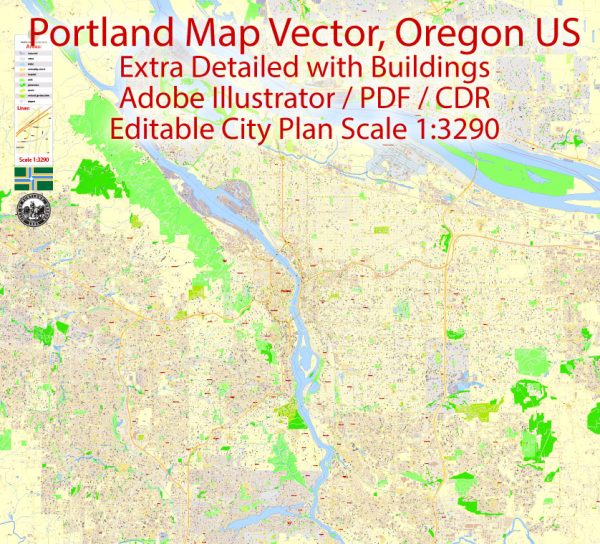
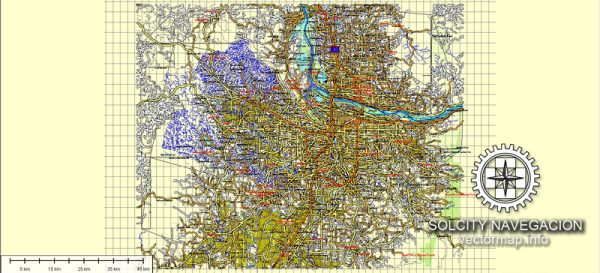
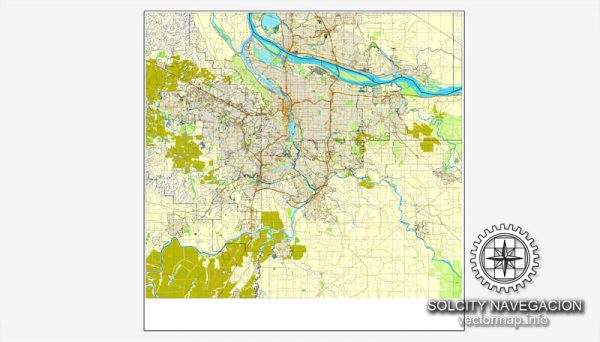
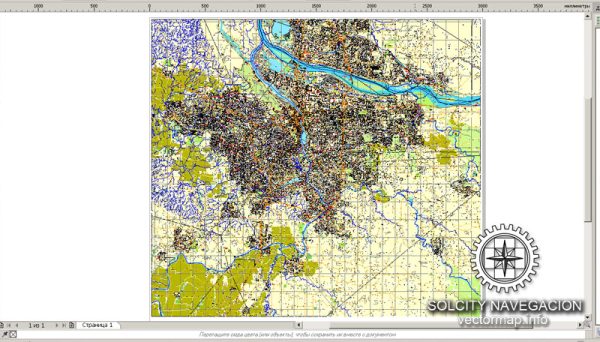
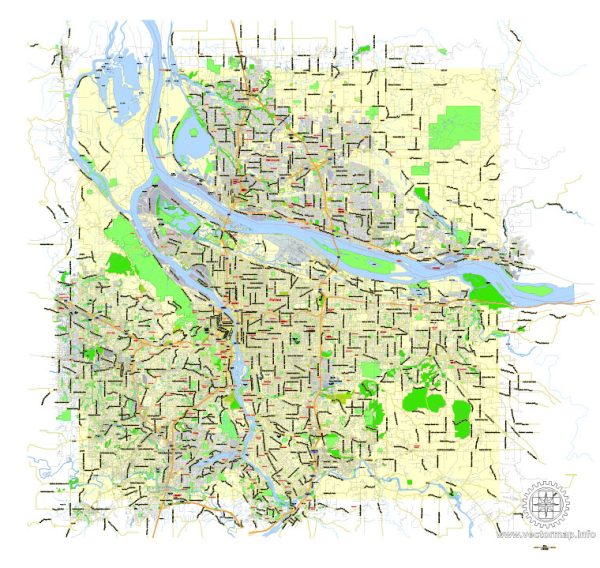
 Author: Kirill Shrayber, Ph.D. FRGS
Author: Kirill Shrayber, Ph.D. FRGS